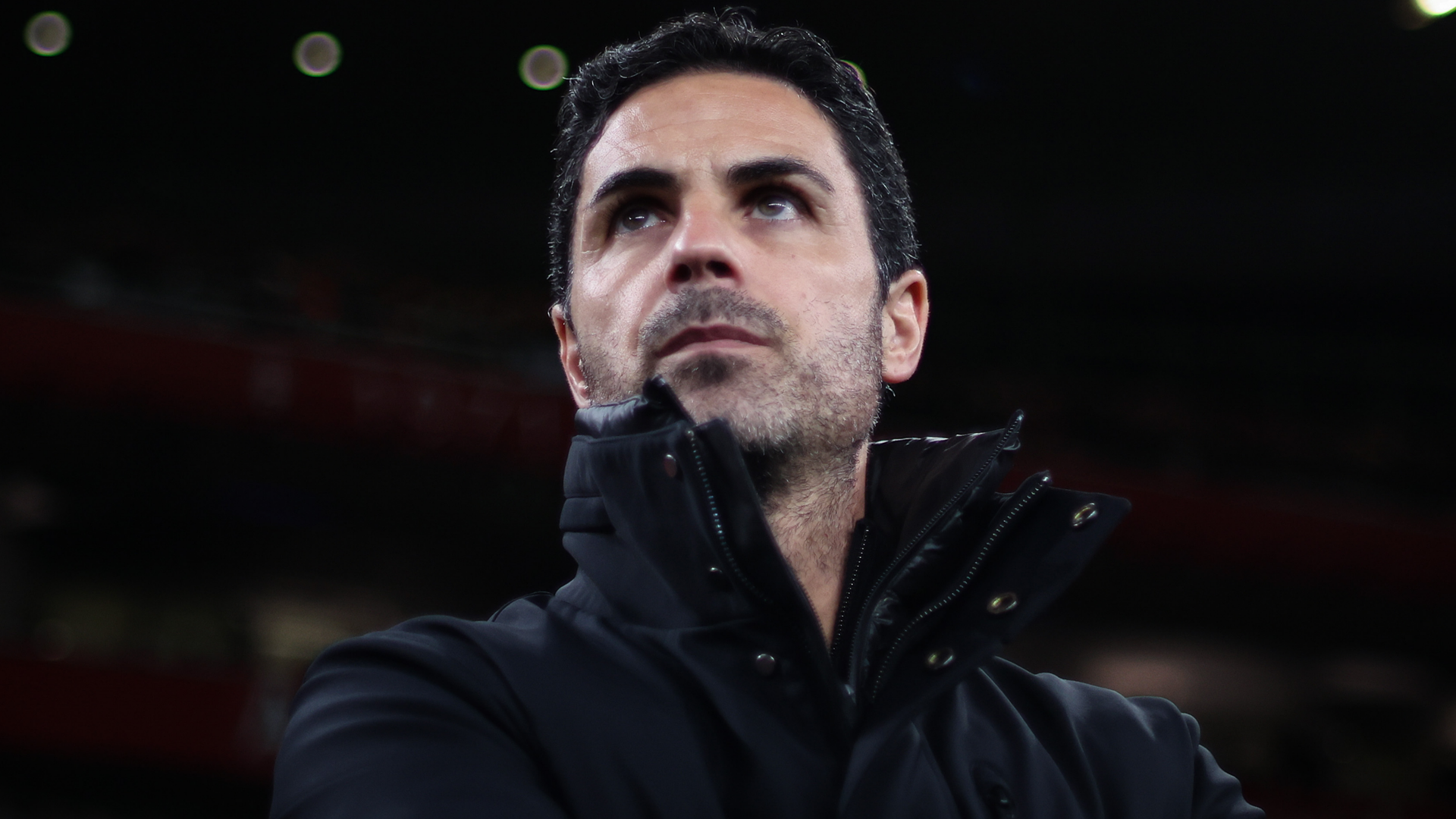Mikel Arteta Pressure Building at Arsenal
Mikel Arteta pressure has reached a critical point at the Emirates, with former striker Paul Dickov warning that patience in the stands may be close to snapping unless silverware arrives soon.
Mikel Arteta pressure: Success that bred expectation
When Arteta accepted the Arsenal job in December 2019, he inherited a fractured dressing room, a disgruntled fan base and a club drifting in mid-table. Within six months he hoisted the FA Cup and, soon after, the Community Shield. Those early triumphs reset the conversation inside and outside the club. Competing for trophies was no longer an aspiration but an obligation.
Yet three consecutive Premier League runner-up finishes have left supporters proud of progress but hungry for more. Coming within two points of Manchester City in 2024-25, only to fall short again, amplified the sense of nearly-men status that Dickov believes fuels today’s Mikel Arteta pressure.
How the culture shift raised the bar
Arteta replaced nine of the eleven starters he found in the squad, lowering the average age, introducing leadership groups and insisting on a non-negotiable playing style. In pure numbers, Arsenal now press higher, win possession earlier and create more expected goals than in the final seasons under Arsène Wenger or Unai Emery. Those advances, however, serve as a double-edged sword; improved metrics mean little without medals. The primary focus keyword – Mikel Arteta pressure – now stems as much from his own high standards as from historical success.
The Champions League learning curve
Arsenal’s return to Europe’s top table was supposed to remove an asterisk from Arteta’s résumé. A group-stage stroll suggested progress, but Bayern Munich’s knockout grit and then Madrid’s clinical edge exposed lingering naivety. Semi-final exit hurts, yet the learning opportunities are immense. Arteta’s response to Champions League disappointment will heavily influence whether the Mikel Arteta pressure eases or intensifies next spring.
Fans, emotion and the Emirates effect
Before the Spaniard arrived, match-day atmospheres too often turned toxic. Through impeccable communication and an attractive identity, Arteta rebuilt the bond between team and terrace. Emirates crowds now wave red-and-white scarfs in unison and belt out “North London Forever” from the first whistle. Dickov feels that unity is Arteta’s greatest intangible success, but he warns it is fragile; one more season without silverware could see approval ratings plunge and Mikel Arteta pressure escalate.
Transfer window: A decisive summer
Arsenal’s hierarchy appreciates the stakes. Sporting director Edu has already earmarked funds for an elite centre-forward, a versatile midfielder and cover at left-back. Ivan Toney, Victor Osimhen and Benjamin Šeško headline the striker shortlist, while Martín Zubimendi remains the primary midfield target. Securing even two of those names would arm Arteta with the firepower to turn narrow draws into decisive wins—a remedy to recurrent late-season stutters and a direct response to Mikel Arteta pressure from fans.
Youth, depth and the marathon of modern football
Arteta’s reliance on a core of 14 players has been simultaneously praised for consistency and criticised for burnout risk. Bukayo Saka and Declan Rice each logged over 4,000 minutes last term. Bolstering depth is essential if Arsenal plan to compete deep into four competitions. Failure to rotate sufficiently has previously derailed title charges, prolonging Mikel Arteta pressure in the process.
Upcoming schedule tests resolve
Pre-season takes Arsenal to Japan, South Korea and Singapore, offering commercial growth but also valuable minutes for academy talents like Ethan Nwaneri. A glamour friendly with Tottenham in Seoul precedes a curtain-raiser at Old Trafford on 17 August. A strong start is non-negotiable; any early wobble and the media spotlight on Mikel Arteta pressure will intensify.
Inside the dressing room: Belief vs. burden
Players publicly back their coach. Captain Martin Ødegaard notes that “Mikel changed our mentality—we step on the pitch expecting to win.” Yet insiders admit that the weight of expectation occasionally tightens legs in crunch moments. Sports psychologists have been drafted to foster resilience, another sign that everyone feels the Mikel Arteta pressure that swirls around London Colney.
History’s verdict and potential futures
After six years, Arteta’s record reads: two trophies, three second-place league finishes, one Europa League semi, one Champions League semi. Comparisons with Wenger’s early era are inevitable; the Frenchman captured the Double within two full seasons. While modern football is harsher, the Premier League remains a results business. Dickov’s suggestion that 2025-26 is “make-or-break” echoes a growing choir. Mikel Arteta pressure, once a background hum, is now audible in every press conference.
What happens if trophies remain elusive?
Arsenal’s board insists it is “all-in” on Arteta’s project, but big clubs rarely stand still. Should another near miss materialise, a summer of difficult questions may follow. Whether that culminates in change or renewed trust will depend on the manner of any shortcomings. Gallant failure buys less credit than it once did as Mikel Arteta pressure merges with fan impatience.
The bottom line
Arteta transformed Arsenal from mid-table mediocrity into perennial contenders. For that, he deserves immense credit. Yet football narratives evolve quickly. Winning is the final currency, and in north London, the vault has not been filled often enough. A decisive twelve months await.
Opinion: Arteta’s vision is clear, his squad young and hungry, and the club hierarchy supportive. Add an elite striker, learn from European heartbreak, and the Mikel Arteta pressure could morph into momentum. Fail to deliver, and those same lofty standards may ultimately consume him.
Share this content:

